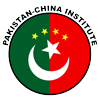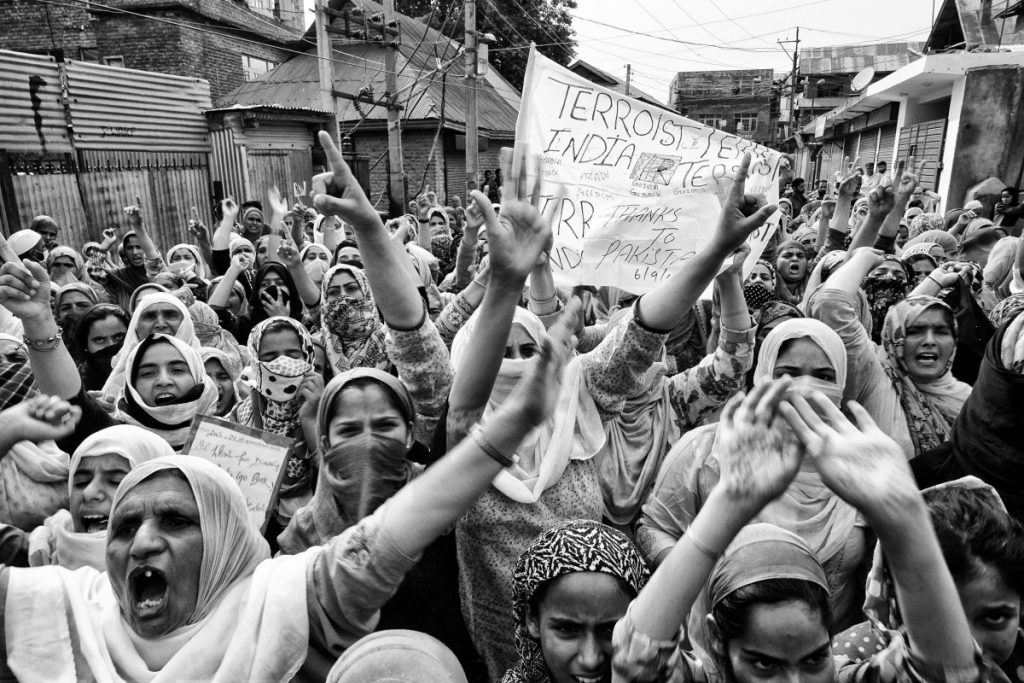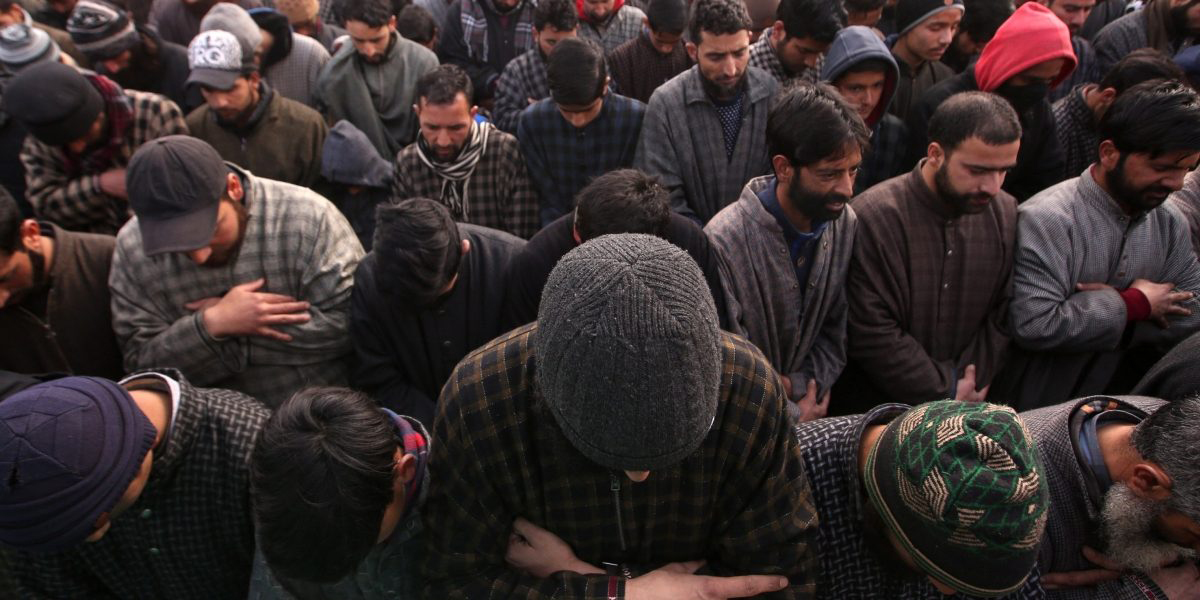Kashmiris' Quest for 'Azadi'
Source : PCI Date : 04-02-2020
 |
|
|
185 days after the longest lockdown in modern history, the people of Indian Occupied Kashmir (IOK) remain defiant and unbowed in their determination to resist the repression unleashed by a million-strong occupation force. This valour and spirit of sacrifice of the defenceless children, women and men has few parallels in the annals of resistance movements. Ever since India's Modi regime announced on August 5, 2019 their decision to annex the state of IOK, it has unleashed consequences which Modi's India is finding difficult to control, for under international law, like Palestine, it continues to be a disputed territory on the United Nations agenda.
As we enter a new year and a new decade on this Day of Solidarity with the Kashmiri people, it is worth examining the ramifications of what is now increasingly being perceived as a monumental blunder, thats impact now goes much beyond the occupied territory to include India as well as the broader region, including Pakistan and China. Three such effects are particularly noteworthy. First, India's centrifugal forces, reflected in the protracted struggle of 17 different insurgencies for greater autonomy and even independence that affect that vast subcontinent. This has happened in the case of Nagaland and Manipur, where ongoing negotiations with New Delhi have broken down after the Indian annexation of Occupied Kashmir, the rationale being if Kashmiri identity enshrined in some form of 'limited autonomy' granted by Article 370 of the Indian Constitution can be quashed by executive diktat, then the same can happen to the regions in the northeast, which are restive and seek a new role with greater autonomy within the Indian Union. And in the case of the Punjab, which saw massacres and state-sponsored military action in 1984 on the sacred Sikh Golden Temple in Amritsar, followed by mass attacks and burning alive of some 5000 Sikhs in the wake of Prime Minister Indira Gandhi's assassination in October 1984, there is even a yearning for independence, reflected in the Khalistan Referendum of 2020 proposed by Sikh separatists.
Second, after the attempt to change demography of Occupied Kashmir by reducing its Muslim majority into a minority, the Modi regime has even gone to the extent of promulgation of the Citizen Amendment Act (CAA) and the National Register of Citizens (NRC), which has disenfranchised 2 million Muslims in Assam and laid the foundation of a divisive and discriminatory 'Republic of Hindustan'. The ongoing mass protests evoked by these actions, the most serious and substantial attempt to transform the Indian state's secular and pluralist ethos, has had a national backlash spread across over 100 universities and college campuses. And, ironically, the popular anthem of resistance is Pakistani poet Faiz Ahmed Faiz's iconic and fiery poem (Hum dekhein gay), an Urdu version of the "We Shall Overcome" anthem of the American civil rights movement. Third, there are regional ramifications of the Indian annexation of Occupied Kashmir, which affects Pakistan and China directly as neighbours who have had a conflicted relationship with India, and a new border dispute has been created. Both Pakistan and China have rejected the Indian annexation as 'unacceptable'! So this action poses a threat to peace, security and stability in the region.
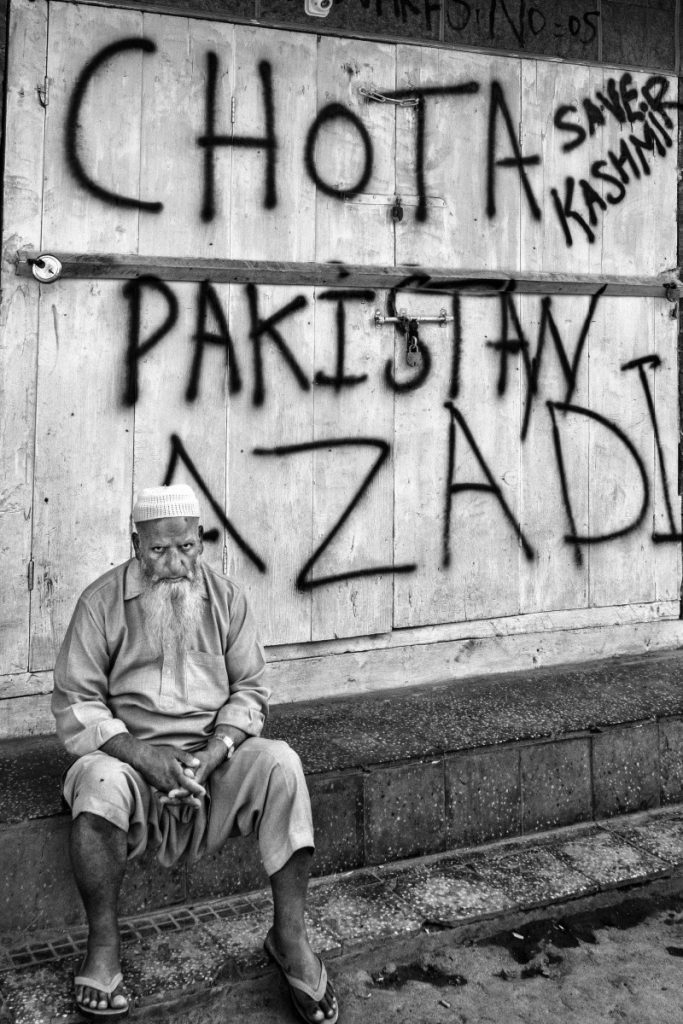
An elderly man watches the protest in front of graffitied walls. The waving of flags and slogans championing Pakistan are common techniques used to defy Indian authority, even as Azadi remains the final aim.
(photo credits go to TheWire.In)
There are broader implications of the Indian moves - annexation of Occupied Kashmir, CAA and NRC - which cumulatively are leading to the creation of what the eminent Indian writer, Arundhati Roy, has termed as the 'architecture of fascism in India' with the RSS, an India offshoot of Hindu extremism inspired by European fascism of the 1930s, whose ideologues were inspired by the exclusive 'racial purity' and ethnic cleansing policies of Hitler and Mussolini. This has been best summed up by prominent English newsmagazine 'The Economist' which last month carried a cover story 'Intolerant INDIA' with the apt subtitle 'How Modi is endangering the world's largest democracy'.
At the heart of it all is the situation of the beleaguered people of Occupied Kashmir, which has the world's oldest Armistice manned by UN peacekeepers, plus 12 resolutions committing the United Nations to hold a plebiscite to determine the future of the 12 million Kashmiri children, women and men.
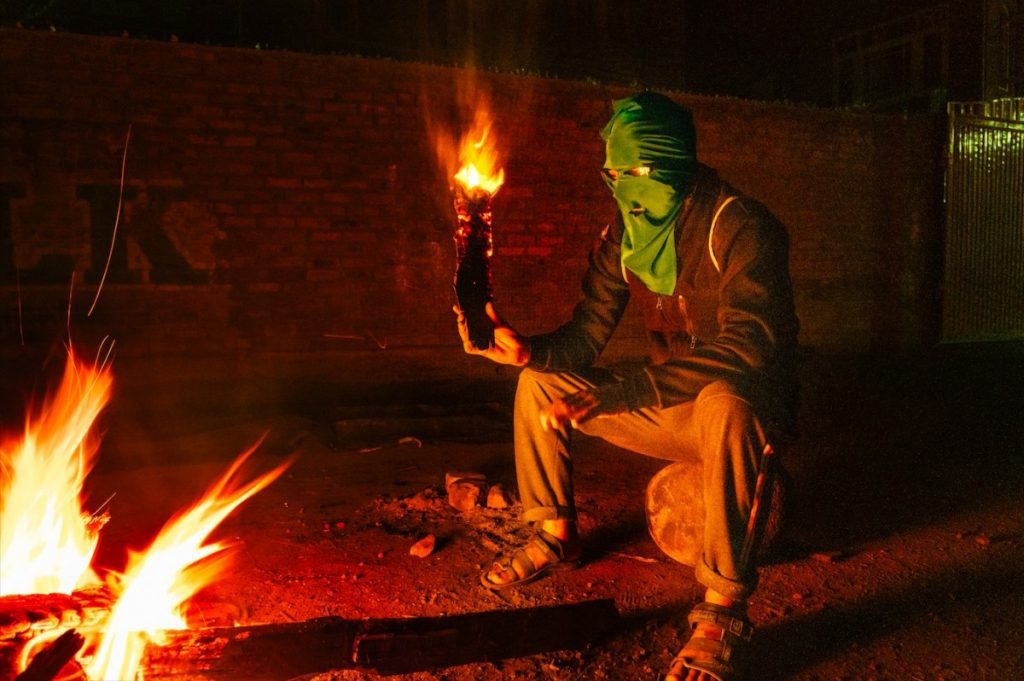
The barricades are manned every second of the day and night, with a special roster of guard duties engaging the entire youth population of the neighbourhood on a bi-weekly basis to serve at these posts between midnight and morning.
(photo credits go to TheWire.In)
6 months after the annexation of Occupied Kashmir, it is clear that Modi's move has backfired, and he and his regime are clueless as to how continue beyond the clampdown, control and curfews that have become the norm of their brutal occupation. The international community, particularly the media and parliaments of the United States, UK and the European Union, have risen to the occasion to voice their critique of an unacceptably worsening human rights situations, where genocidal tendencies and ethnic cleansing are among the worst feared scenarios.
Ironically, the situation in Indian Occupied Kashmir has coincided with the 75th Anniversary of the infamous Nazi concentration camp at Auschwitz, where survivors gathered with the rallying cry "Never Again". However, in the 21st Century, in an age of information, a newer and equally brutal version of Auschwitz is appearing under the auspices of a regime that's clearly stated ideology and its practice is similar to that of the architects of Auschwitz. 'Never Again' for the suffering Kashmiri people, therefore, sounds like a hollow slogan as they are being consigned to their fate in the world's biggest concentration camp, as if they are 'children of a lesser god'!
